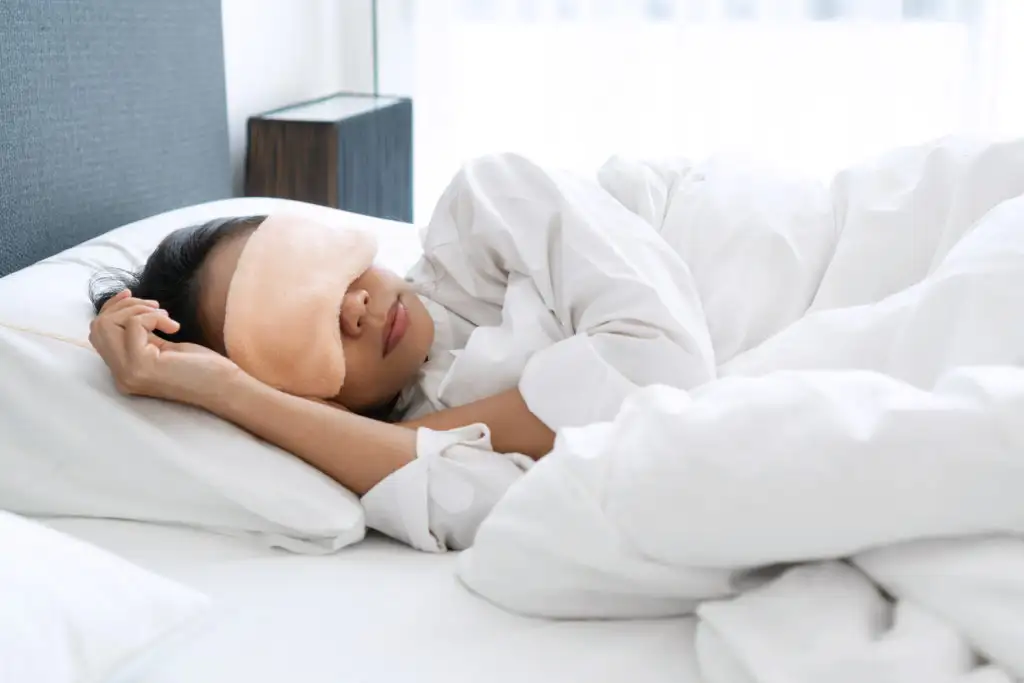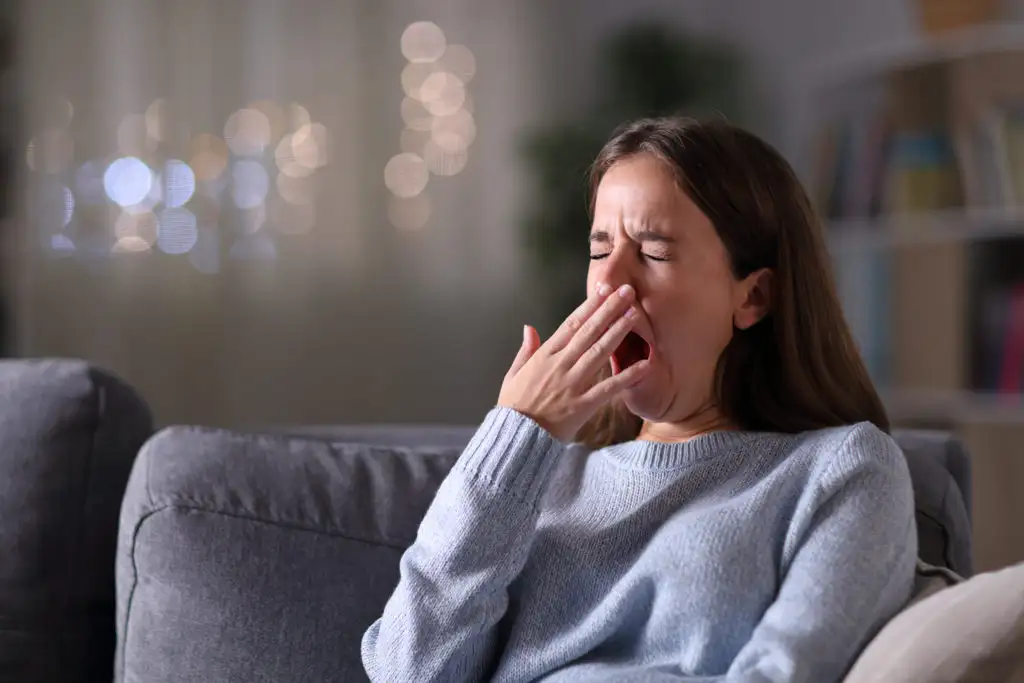Jet lag, excitement, bad hotel beds, and unfamiliar noises—adding up all the reasons why you might not be able to sleep while traveling could kill more time than counting sheep. Fortunately, there are a few tricks that can help you sleep better, whether you’re at home or in a hotel.
We spoke with sleep experts to discover their secret sleep tips for travelers. Follow these easy guidelines to get better rest the next time you travel.
Late Night Dining and Drinking

Dr. Robbins knows a thing or two about the science of snoozing—she’s an Instructor in Medicine at Harvard Medical School, Associate Scientist at the Brigham and Women’s Hospital, and the Sleep Expert at the Benjamin Hotel in New York City.
Dr. Robbins advises avoiding eating or drinking well before bedtime if you want a great night’s sleep.
A nightcap may sound like just the thing to send you off to slumber, but it can actually do the opposite. Eating (especially a heavy meal) or drinking alcohol too close to bedtime forces your body to work on processing that food and drink. It can actually “pull you out of some of the deeper, more restorative sleep stages,” according to Dr. Robbins.
However, a very light snack or non-alcoholic drink, consumed an hour or so before bedtime, can actually help you fall asleep. Dr. Robbins recommends pairing Goji berries (which have a naturally high concentration of melatonin) with a cup of decaffeinated tea as a wind-down ritual in the evening.
Skipping Your Workout
You don’t have to hit the hotel gym every day on vacation, but working in some form of daily movement during your trip can make a huge difference in your sleep quality. Opt for a long walk instead of hopping on the subway, sign up for a kayaking trip, or rent a bike—outdoor exercise will expose you to natural light and help regulate your circadian rhythm to your new location, which is key for fending off jet lag.
Plus, regular exercise has been proven to help adults fall asleep faster and improve sleep quality.
Not Packing for Sleep Success

In a study conducted by Dr. Robbins, noise in a hotel room was the strongest cause of poor guest sleep while traveling. Although you can’t control outside noise like loud neighbors or traffic sounds, you can eliminate their effect on your sleep by packing something to drown them out.
I recommend SleepPhones’ Wireless, a unique eye mask and headphone hybrid that has built-in speakers to help you block noise. Connect the SleepPhones to your phone and stream white noise or any other sound that helps you sleep—the battery can last for up to 24 hours on a single charge. The speakers lie flat inside of a fabric headband, so they are comfortable even if you sleep on your side. The SleepPhones also double as an eyemask, blocking out light that can disrupt your slumber.
Additionally, we recommend blocking out light in your hotel room even further by using a clothes hanger and clipping the blackout curtains together to prevent light from seeping in.
Choosing the Wrong Hotel
Before booking a hotel, do a quick search of the word “sleep” in the hotel’s reviews across various sites. This way, you’ll find complaints from people who couldn’t sleep due to terrible mattresses/pillows, thin walls, noisy roads, etc. and can decide if that’s a deal-breaker for your stay.
Prioritize your accommodation search to focus on for hotels that offer special sleep amenities or have dedicated sleep programs like the one at The Benjamin which offers everything from a pillow menu to a lullabye library for guests.
Failing to Take Anti-Jet Lag Measures

Jet lag may seem like an unavoidable part of long-haul travel, but it doesn’t have to be. Yunha Kim, Founder and CEO of Sleep Reset, recommends prepping your body for a time change before you even board the plane.
“About three to seven days before you travel, start to slowly adjust your bedtime and mealtimes to match your destination’s time zone,” says Kim. “Adjust by about 30-minute changes every day and night.”
Once you arrive, try to stay up until your regular bedtime. For example, Kim says, “If you normally go to bed at 10 pm at home, wait until it’s 10 pm at your destination before going to sleep.”
Still struggling? Try using sunlight to help your body adjust to a new time zone. “If you need to wake up earlier than you typically do in your home time zone, get outside or use artificial light within 30 minutes of waking up,” advises Kim. “If you need to wake up later than you typically do in your home time zone, try to hold off and expose yourself to sunlight later in the afternoon for the first day or so.”
You Might Also Like:
• SmarterStay: Spend a Long Weekend in Paris, France• US Issues Unusual Travel Warning for Popular Caribbean Country
• What Should You Do if Your Credit Card is Lost or Stolen Abroad
• 4 Common Travel Disasters and How to Prevent Them
• Do You Need an International Driver’s License to Rent a Car Abroad?
We hand-pick everything we recommend and select items through testing and reviews. Some products are sent to us free of charge with no incentive to offer a favorable review. We offer our unbiased opinions and do not accept compensation to review products. All items are in stock and prices are accurate at the time of publication. If you buy something through our links, we may earn a commission.
Related
Top Fares From
Today's Top Travel Deals
Brought to you by ShermansTravel
Shop and Save with Country Inns...
Patricia Magaña
 Hotel & Lodging Deals
Hotel & Lodging Deals
$229 -- Chicago: Discounted Rates and...
Francesca Miele
 Hotel & Lodging Deals
$229+
Hotel & Lodging Deals
$229+
$188 -- Honolulu: Save on Oceanview...
Abigail Lamay
 Hotel & Lodging Deals
$188+
Hotel & Lodging Deals
$188+




